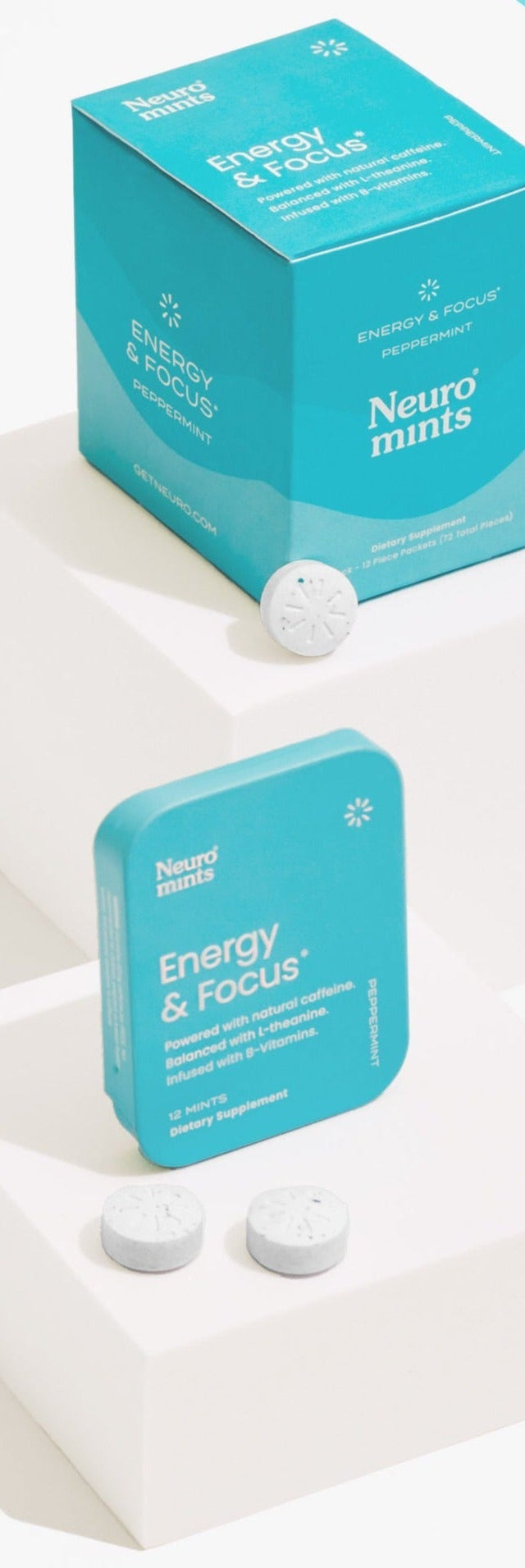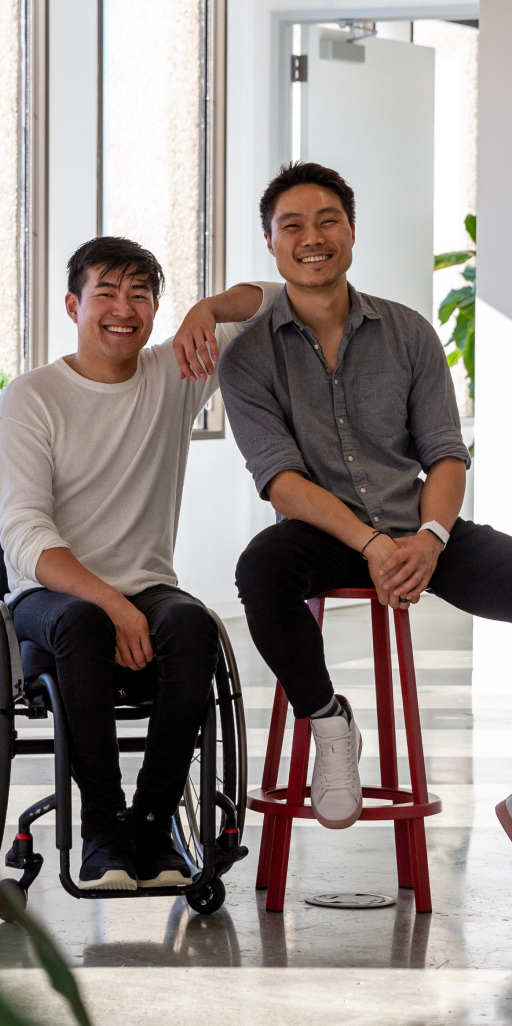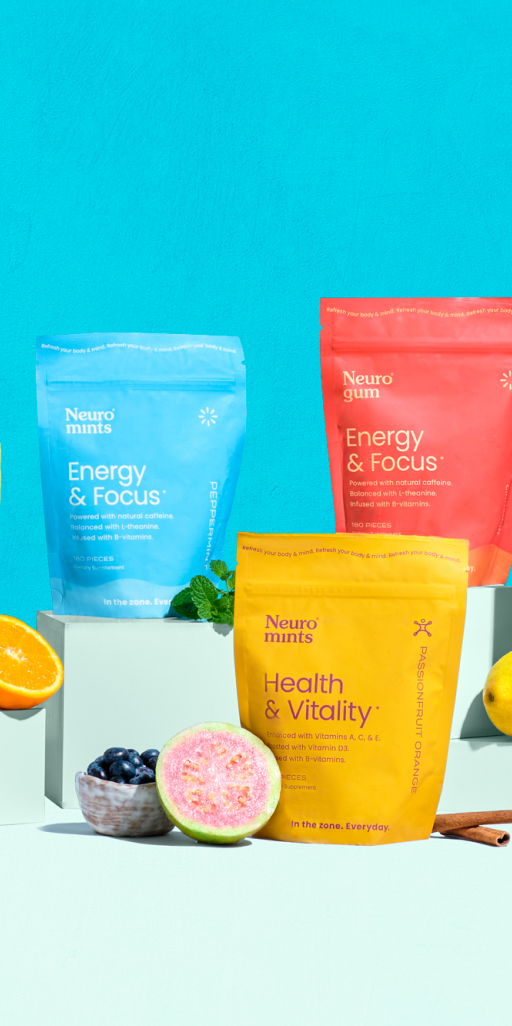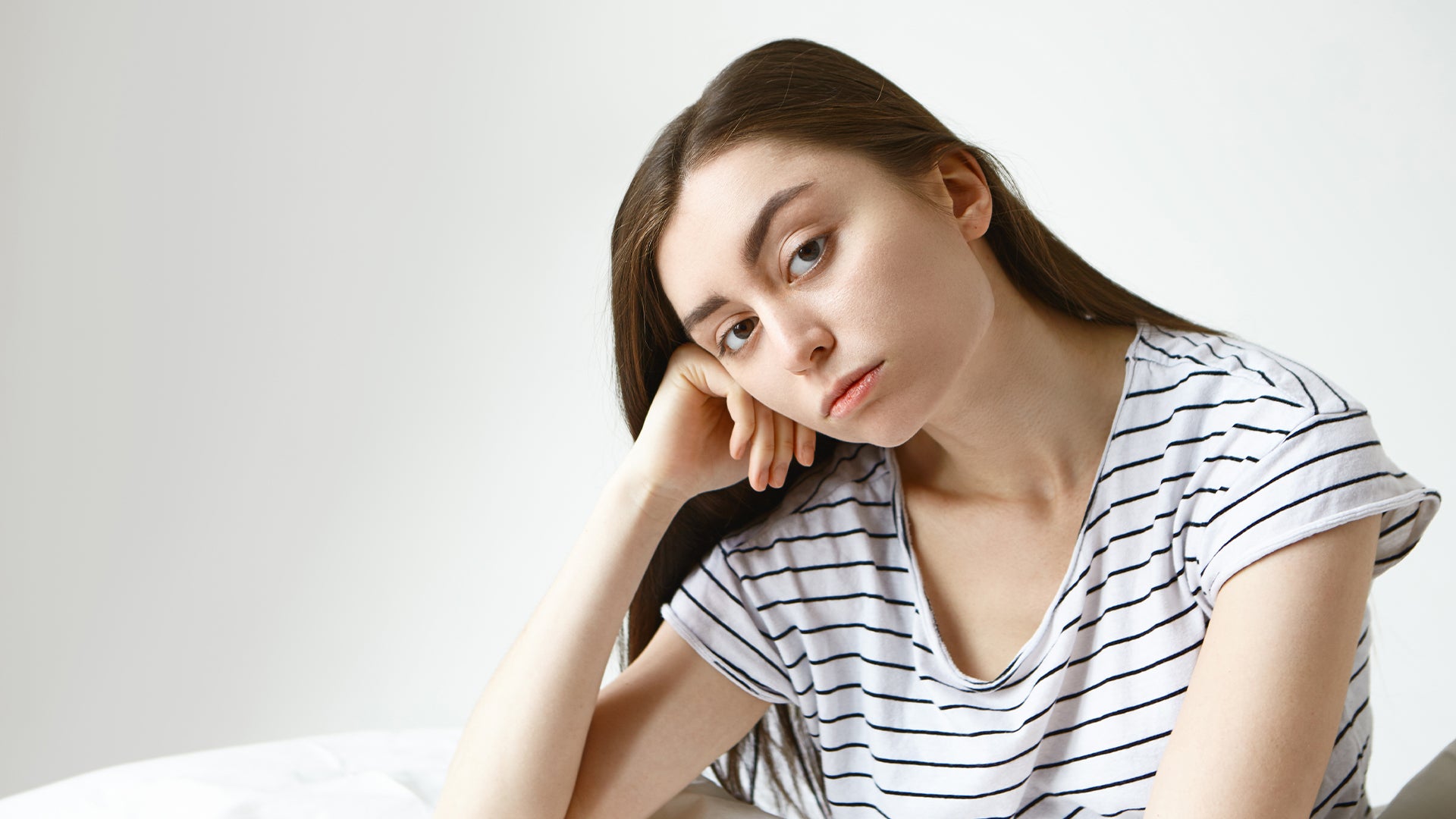Do you rely on a cup of coffee to kickstart your day? Or perhaps you indulge in a refreshing soda or a strong cup of tea to help you power through the afternoon slump? Many of us turn to caffeine to give us that much-needed boost of energy and alertness. But have you ever experienced a pounding headache after consuming caffeine? It's a common complaint among coffee drinkers and caffeine enthusiasts alike. So, can caffeine cause headaches? Well, yes it can. Only under the circumstances of caffeine withdrawal, vasodilation and constriction, dehydration, sleep disturbances and sensitivity differences. Let's delve into the subject and find out more.
What Does Caffeine Do to Your Brain?
Before we explore whether caffeine can cause headaches, let's first understand how caffeine affects the brain. Caffeine is a natural stimulant that belongs to a class of compounds called methylxanthines. When we consume caffeine, it quickly gets absorbed into the bloodstream and travels to the brain.
In the brain, caffeine acts as an adenosine receptor antagonist. Adenosine is a neurotransmitter that promotes relaxation and sleepiness. By blocking adenosine receptors, caffeine prevents the drowsy effect of adenosine, making us feel more awake and alert.
Caffeine also stimulates the release of other neurotransmitters like dopamine, norepinephrine, and serotonin, which can enhance mood and increase focus and concentration.
5 Reasons Why Caffeine Causes Headaches
The relationship between caffeine and headaches is a complex one, and understanding the reasons behind this phenomenon is crucial for those who experience these unwelcome side effects. By shedding light on the mechanisms involved, we aim to provide insights that can help individuals better manage their caffeine intake and minimize the risk of caffeine-induced headaches.
-
Caffeine Withdrawal: One of the primary reasons caffeine can cause headaches is when its regular consumption is interrupted. When you regularly consume caffeine, your body becomes accustomed to its effects. Abruptly stopping or reducing your caffeine intake can trigger withdrawal symptoms, including headaches. These headaches are often referred to as "caffeine withdrawal headaches" and can range from mild to severe.
-
Vasodilation and Constriction: Caffeine affects blood vessels in the brain. It can cause vasoconstriction, which is the narrowing of blood vessels. This effect may initially provide relief for some types of headaches, such as migraines. However, when the effects wear off, the blood vessels can rebound and dilate, leading to a headache. This phenomenon is known as "rebound headaches" or "caffeine rebound."
-
Dehydration: Caffeine is a diuretic, meaning it increases urine production and can potentially contribute to dehydration. Dehydration is a common trigger for headaches, and consuming large amounts of caffeine without adequate water intake can lead to dehydration-induced headaches.
-
Sleep Disturbances: Caffeine's ability to keep you awake and alert can interfere with your sleep patterns. Lack of quality sleep or disrupted sleep can be a trigger for headaches in some individuals. If you find yourself relying on caffeine to combat fatigue caused by sleep deprivation, it may inadvertently contribute to the development of headaches.
-
Sensitivity and Individual Differences: Each person reacts to caffeine differently. Some individuals may be more sensitive to its effects and may experience headaches as a result. Additionally, certain medical conditions or medications can increase the likelihood of caffeine-induced headaches. If you are prone to headaches, it's worth considering the possibility that caffeine may be a trigger for you.
What Does a Coffee Headache Feel Like?
If you've ever experienced a coffee headache, you know that it can be an uncomfortable and bothersome sensation. Coffee headaches are often described as throbbing or pulsating pain, typically concentrated on both sides of the head. The intensity of the pain can vary from mild discomfort to severe, debilitating pain that interferes with daily activities.
In addition to the pain, coffee headaches may be accompanied by other symptoms, such as sensitivity to light or sound, nausea, and difficulty concentrating. Some individuals may also experience a sense of pressure or tightness in the head, making it challenging to find relief. It can last for several hours or even persist for an entire day, making it crucial to address the underlying cause to alleviate the discomfort.
It's important to note that not all headaches experienced after consuming coffee are directly caused by caffeine. Other compounds present in coffee, such as acids and tannins, can also trigger headaches in some individuals. Moreover, individual sensitivity and tolerance levels play a role in how caffeine affects each person, making the experience of a coffee headache unique to each individual.
Understanding the specific characteristics of a coffee headache can help differentiate it from other types of headaches and guide individuals in finding suitable remedies and preventive measures.
How to Get Rid of Coffee Headaches
If you find yourself plagued by caffeine-induced headaches, there are several strategies you can try to alleviate or prevent them:
1. Gradual Reduction: If you suspect that caffeine withdrawal is the cause of your headaches, gradually reducing your caffeine intake over time can help minimize the severity of withdrawal symptoms. Instead of abruptly cutting out caffeine, try gradually decreasing your consumption by substituting some caffeinated beverages with decaffeinated alternatives or opting for lower-caffeine options.
2. Stay Hydrated: Since dehydration can contribute to headaches, make sure to drink plenty of water throughout the day. It's especially important to hydrate when consuming caffeinated beverages, as caffeine's diuretic effect can increase fluid loss. Aim to balance your caffeine intake with an adequate amount of water to maintain hydration and potentially reduce the risk of caffeine-related headaches.
3. Monitor Your Caffeine Intake: Pay attention to how much caffeine you consume in a day. Keep track of the sources of caffeine in your diet, including coffee, tea, energy drinks, sodas, and even chocolate. Being aware of your caffeine intake can help you identify any patterns or correlations between your consumption and the onset of headaches. If you notice a consistent relationship, consider reducing your overall caffeine intake or eliminating it altogether.
4. Consider Alternative Beverages: If you're sensitive to caffeine or prone to headaches, you may want to explore non-caffeinated or low-caffeine alternatives. Herbal teas, such as chamomile or peppermint, can provide a soothing and refreshing option. Decaffeinated versions of coffee and tea are also available, allowing you to enjoy the taste without the stimulating effects of caffeine.
5. Practice Stress Management Techniques: Stress and tension can contribute to headaches, so it's important to find healthy ways to manage stress. Engaging in relaxation techniques such as deep breathing exercises, meditation, yoga, or regular physical activity can help reduce stress levels and potentially alleviate headaches. Finding time for self-care and ensuring you get enough restorative sleep can also play a significant role in preventing headaches.
6. Consult a Healthcare Professional: If you frequently experience caffeine-induced headaches or if your headaches are severe and interfere with your daily life, it's advisable to consult a healthcare professional. They can evaluate your symptoms, discuss your caffeine consumption, and help determine the underlying cause of your headaches. They may recommend lifestyle modifications, medications, or other treatments tailored to your specific needs.
Conclusion
Caffeine, a widely consumed stimulant, can indeed cause headaches in certain individuals. Factors such as caffeine withdrawal, changes in blood vessel constriction, dehydration, disrupted sleep, and individual sensitivity can contribute to caffeine-induced headaches. Understanding the potential triggers and implementing strategies to minimize the risk can help alleviate the discomfort associated with these headaches.
If you experience recurrent headaches after consuming caffeine, it's important to listen to your body and adjust your caffeine consumption accordingly. Gradually reducing your intake, staying hydrated, monitoring your caffeine consumption, exploring alternative beverages, practicing stress management techniques, and seeking professional advice if needed are all steps you can take to manage caffeine-related headaches effectively.
Remember, everyone's response to caffeine is different, and what works for one person may not work for another. Pay attention to your body's signals, make informed choices, and find the right balance that allows you to enjoy the benefits of caffeine while minimizing the risk of headaches. For more information about related topics, check out the articles 5 Ways Caffeine is ACTUALLY Good for Your Brain Health and How to Manage Migraine Triggers: Tips and Strategies.
About the Author

Kent Yoshimura is co-founder & CEO of Neuro, a gum and mint company that enhances your health and wellness in the most convenient, affordable, and portable way possible.
His fascination with the human brain and optimizing performance led him to get a bachelor’s degree in neuroscience at the University of California, San Diego, and after college, continued his career as a multimedia creative, filmmaker and athlete, having trained in Judo with the Japanese Olympic Judo Team and in Muay Thai at Sityodtong in Thailand.
Find him on Instagram here:
@kentaro






















